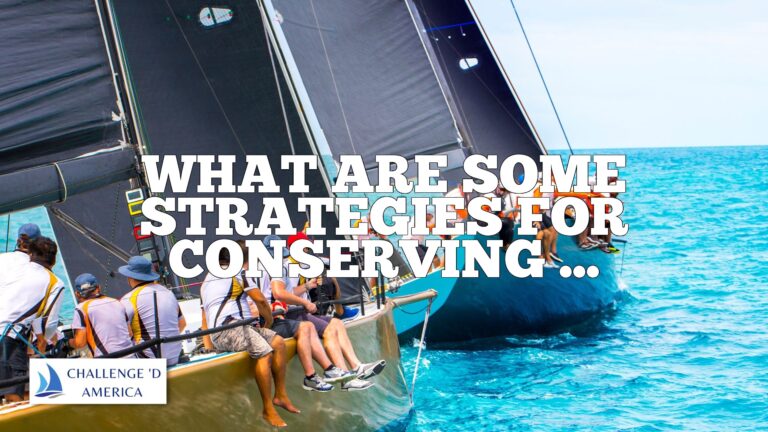What Qualifications Do I Need To Work On a Yacht?
Working On a Yacht: What Qualifications Do You Need?
If you’re looking for a career that offers the opportunity to see the world, with the chance to explore exciting places, then working on a yacht could be the perfect choice for you.
But, before you start applying for positions onboard yachts, it’s important to make sure that you have all of the necessary qualifications and certifications in order to be an eligible candidate for any role within this industry.
In this article, we’ll take a look at what qualifications are needed to work on a yacht, as well as any other essential credentials that could help boost your chances of success when searching for work onboard a vessel.
What Is a Yacht?
A yacht is essentially any vessel that has been designed and built primarily for recreational purposes or leisure activities such as cruising or sailing over oceans, seas and other large bodies of water.
They can range in size from small vessels that can fit just two or three people up to very large vessels with multiple decks and cabins which are capable of accommodating dozens of passengers and crew members alike.
Yachts are usually owned by private individuals or companies who use them either as holiday homes or charter vessels that can be hired out for special occasions or events such as weddings or corporate gatherings.
Qualifications Needed To Work On a Yacht
Working on a yacht requires the same type of qualifications as you would need if you were working in any other hospitality or service industry role, but there are some additional requirements due to the unique environment and circumstances associated with life onboard yachts:
STCW Basic Safety Training
One of the most important qualifications needed to work onboard yachts is STCW (Standards Of Training Certification And Watchkeeping).
This set of regulations lays down minimum standards of safety training required by all seafarers who work at sea and provides certification that they have successfully completed courses in these areas including:
- Personal Survival Techniques
- Fire Fighting & Fire Prevention
- Elementary First Aid
It’s also essential to complete courses in Personal Safety & Social Responsibility and Proficiency In Security Awareness in order to be eligible for certain roles onboard yachts such as security staff or watchkeeping personnel.
Other Essential Qualifications For Working On a Yacht
In addition to meeting all of the STCW requirements mentioned above, there are some other areas where it’s advantageous (if not essential) for prospective yacht crewmembers to have certifications such as:
- Maritime English – This is an international language used in all aspects of maritime operations from navigation to communication between vessels & ports, having a good understanding of Maritime English will enable you to communicate effectively with other crew members who may not share your native language.
- Seamanship Skills & Marine Systems Knowledge – Depending on your role onboard you may need specific knowledge relating to marine systems such as engines, pumps, generators etc, even if you’re not working directly with these systems it’s still beneficial (and often necessary) for yacht crew members to have an understanding of them so they can help out if needed in an emergency situation.
- Navigation & Chartwork – All yachts are required by law (in most countries) to carry navigational charts which must be properly used, having knowledge in this area will allow you to keep track of where the vessel is at all times during its voyage so that it does not end up getting lost or heading into danger inadvertently!
Conclusion
Working onboard yachts requires more than just good customer service skills, it requires many different types of certifications and qualifications depending upon your role within the organization. The most important qualifications needed include STCW Basic Safety Training which covers topics such as Personal Survival Techniques, Fire Fighting & Prevention, Elementary First Aid etc.
These must be completed before even applying for positions onboard yachts! Furthermore, it’s also highly beneficial (if not essential) that prospective yacht crewmembers possess certifications in areas such as Maritime English, Seamanship Skills & Marine Systems Knowledge and Navigation & Chartwork so they can effectively carry out their duties while adhering strictly to safety protocols at all times!







